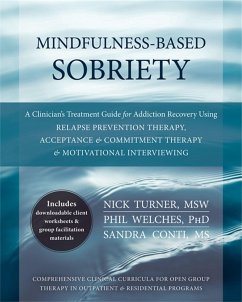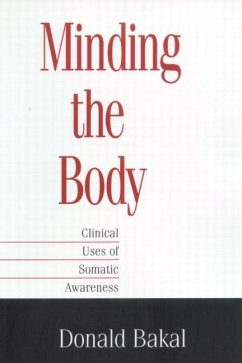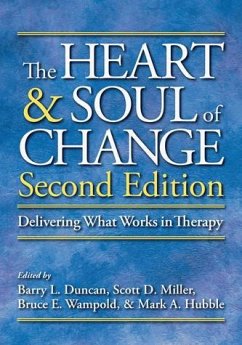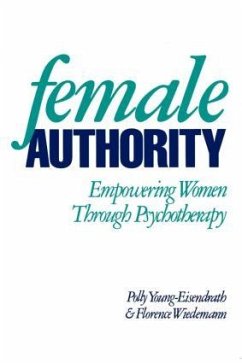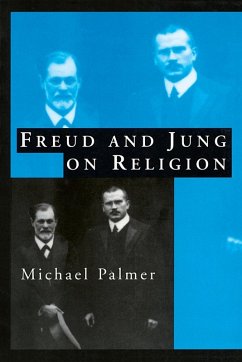Nicht lieferbar

Learning Rft
An Introduction to Relational Frame Theory and Its Clinical Application
Versandkostenfrei!
Nicht lieferbar
In this book Niklas Torneke presents the building blocks of RFT: language as a particular kind of relating, derived stimulus relations, and transformation of stimulus functions. He then shows how these concepts are essential to understanding acceptance and commitment therapy and other therapeutic models. Learning RFT shows how to use experiential exercises and metaphors in psychological treatment and explains how they can help your clients. This book belongs on the bookshelves of psychologists, psychotherapists, students, and others seeking to deepen their understanding of psychological treatment from a behavioral perspective.
Relational frame theory (RFT) is a theory of language and cognition that upends traditional cognitive paradigms and forms the foundation of today's cutting-edge therapies, including acceptance and commitment therapy (ACT). Learning RFT makes RFT accessible to clinicians for the first time and explains how RFT principles can be directly applied in clinical work.




